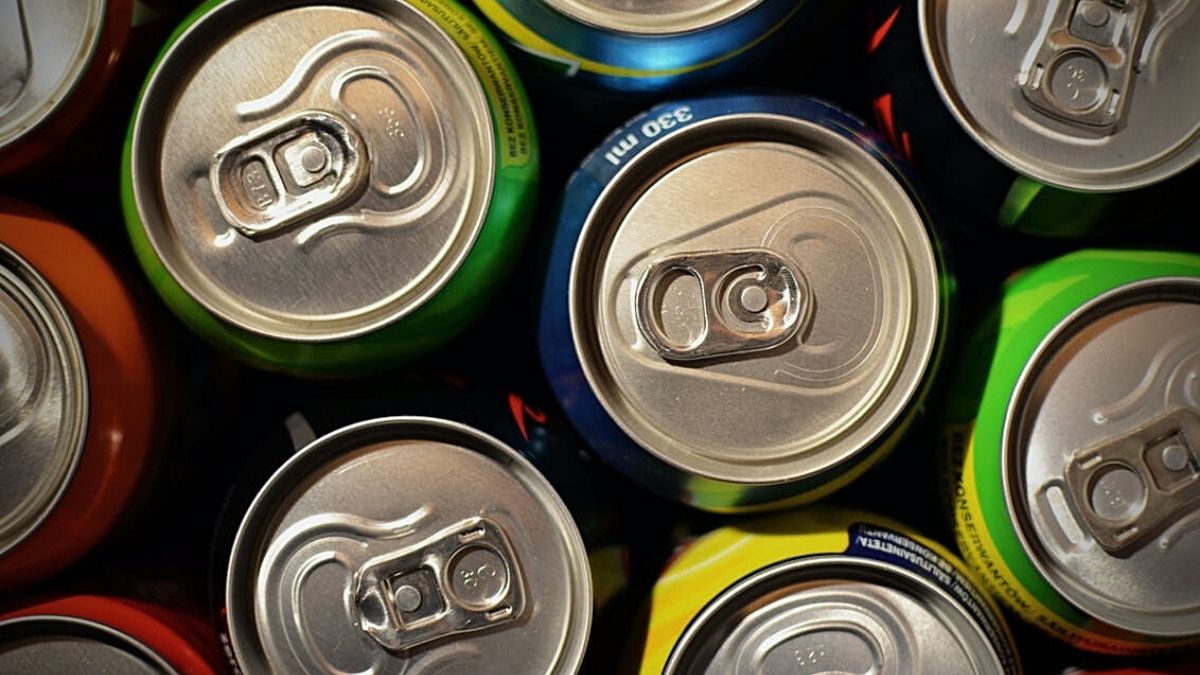Taxes on soda reduce consumption by boys but not girls, according to a new study of more than 11,000 adolescents.
Taxes on soda and other sugar-sweetened beverages (SSBs) have been levied by the Mauritian Government to reduce consumption and prevent obesity while raising revenue.
These taxes are relatively recent, and their impact on SSB consumption is unclear. In addition, there has been little evidence about the impact of these taxes on youths, or any evidence at all from non-Western nations, which have historically been underrepresented in economic research.
New research by economics professor John Cawley (of the Cornell Jeb E. Brooks School of Public Policy) and collaborators Michael Daly and Rebecca Thornton (a professor of economics at the University of Illinois) was published on March 16 in an article in the journal Health Economics: “The Effect of Beverage Taxes on Youth Consumption and Body Mass Index: Evidence From Mauritius.”
Mauritius adopted a soda tax in 2013, while Maldives, another island nation in the region, did not.
The researchers used data on adolescents from the World Health Organization’s Global School-Based Student Health Survey to compare changes in outcomes in the two nations.
The results indicate that the Mauritius tax reduced the probability that boys consume soda by 11% but there was no detectable impact on their frequency of consumption, or on BMI.
However, there were no detectable effects on any of these outcomes for girls. The reason for the gender difference is unclear, but may be due to girls being less sensitive to price in their demand for SSBs.
“This study’s finding that the tax reduces the probability that boys consume SSBs is some of the first evidence anywhere that SSB taxes can reduce youth consumption,” Cawley said.
“We’re continuing to study these taxes in different countries, and look forward to building the evidence base using data from around the globe.”
According to the global data, Mauritian adolescents take carbonated soft drinks almost once daily.
74.2% of Mauritian school going adolescents (boys) not meeting WHO recommendations on Physical Activity for Health, i.e. doing less than 60 minutes of moderate-to vigorous-intensity physical activity daily.
The figure is higher among adolescent girls, ie: 86.8%.
Inputs from Cornwell University and Global Obesity Observatory












